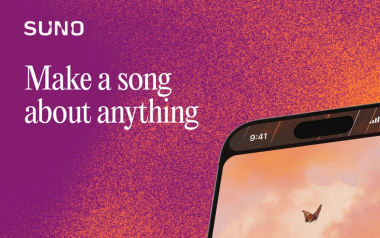AI Music Generator Suno Admits It Was Trained on ‘Essentially All Music Files on the Internet’
“Suno’s training data includes essentially all music files of reasonable quality that are accessible on the open internet.”
“Rather than trying to argue that Suno was not trained on copyrighted songs, the company is instead making a Fair Use argument to say that the law should allow for AI training on copyrighted works without permission or compensation.”
Archived (also bypass paywall): https://archive.ph/ivTGs
